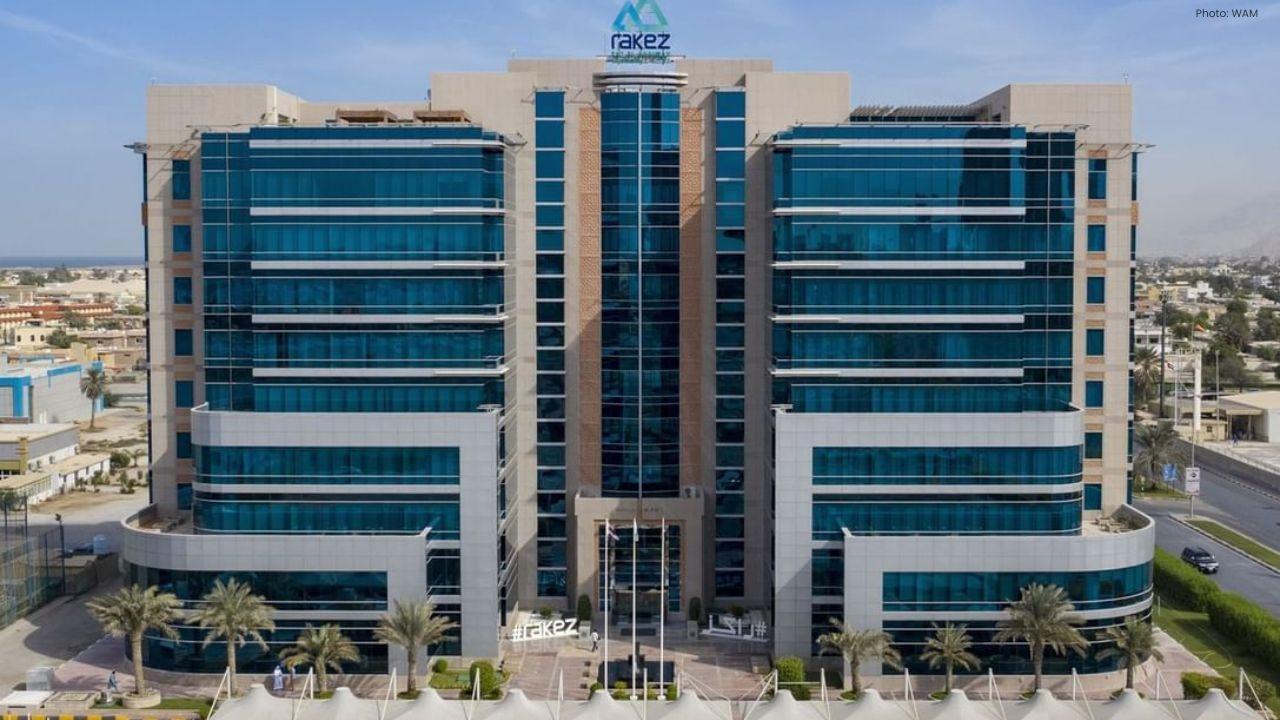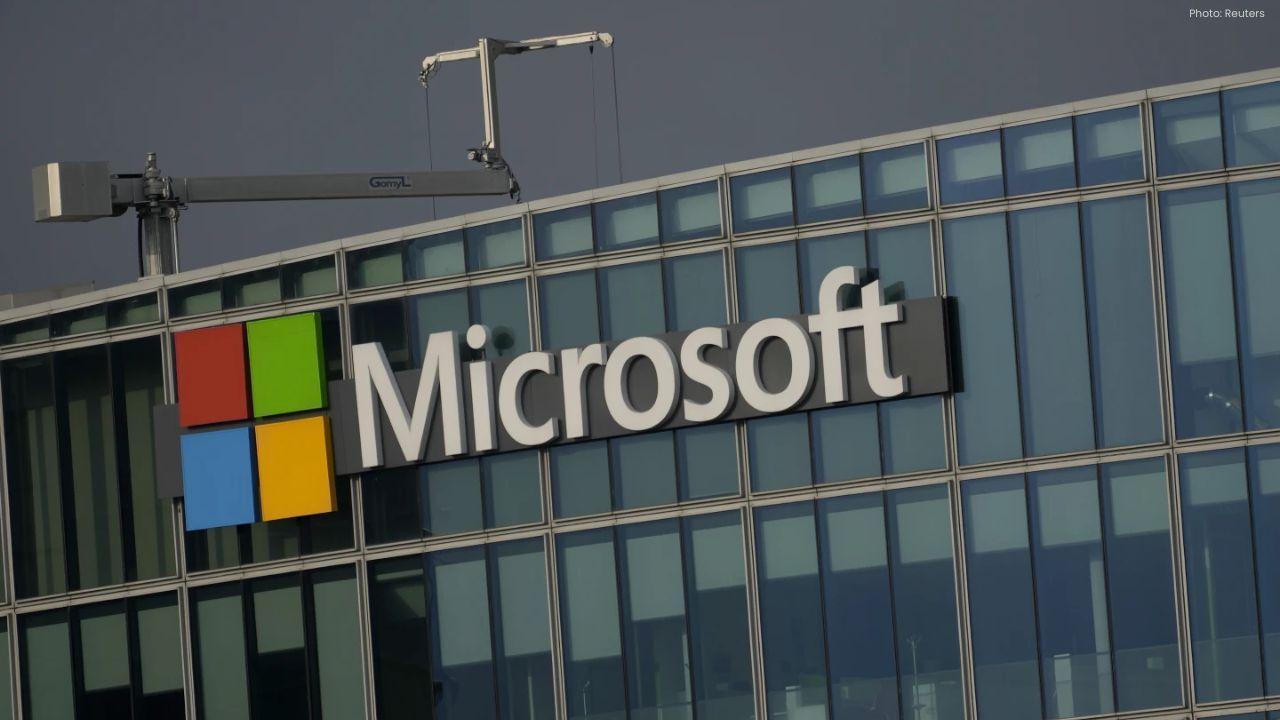
Post by : Vansh Kumar
In the 21st century, technology is no longer just a tool—it is the driving force behind societal evolution. From transforming industries to reshaping everyday life, the digital era is opening new possibilities and redefining what it means to connect. Digital innovation is at the heart of this transformation, influencing how we communicate, work, learn, and interact with the world around us. As we navigate the future of connectivity, understanding its scope and potential becomes essential for individuals, businesses, and governments alike.
Digital innovation refers to the creation, implementation, and improvement of technology-driven solutions that improve processes, services, and experiences. This includes everything from artificial intelligence and cloud computing to blockchain, IoT (Internet of Things), and immersive technologies like augmented and virtual reality. The rapid pace of digital transformation has allowed businesses to streamline operations, increase efficiency, and deliver personalized experiences to consumers.
Companies like Tesla, Google, and Amazon exemplify the power of embracing digital innovation. Tesla’s AI-powered electric vehicles, Google’s cloud solutions, and Amazon’s smart logistics are reshaping industries, demonstrating how technology can drive both growth and global connectivity.
While digital innovation powers progress, connectivity acts as its backbone. High-speed internet, 5G networks, and wireless technologies are enabling real-time communication across continents. Remote work, telemedicine, online education, and virtual collaboration platforms have become integral to modern life, breaking geographical barriers and fostering a more inclusive global economy.
Connectivity also plays a pivotal role in social interactions. Platforms like social media and video conferencing allow people to maintain relationships, collaborate on projects, and share knowledge regardless of physical distance. In this sense, the digital world is not just about technology—it is about bringing people together.
Digital innovation and connectivity are transforming nearly every sector. In healthcare, telemedicine platforms, AI diagnostics, and wearable health devices allow patients to access medical care without leaving their homes. In finance, blockchain and digital banking have revolutionized transactions, making them faster, more secure, and globally accessible.
Education has also benefited immensely. Online learning platforms and virtual classrooms provide access to quality education to students worldwide, democratizing knowledge and empowering learners. Even traditional industries like agriculture are experiencing change through precision farming technologies, IoT sensors, and AI-driven crop monitoring.
Despite its benefits, the digital era comes with challenges. Cybersecurity threats, data privacy concerns, and digital inequality remain pressing issues. The growing reliance on digital tools highlights the need for robust policies, ethical frameworks, and education to ensure safe and equitable access.
Moreover, digital fatigue is becoming common as individuals navigate a world dominated by screens, notifications, and constant connectivity. Striking a balance between embracing innovation and maintaining mental well-being is crucial for a sustainable digital future.
Artificial intelligence (AI) is at the forefront of digital innovation. AI-powered tools, from virtual assistants to predictive analytics, are transforming the way we live and work. Businesses leverage AI to enhance customer experiences, automate repetitive tasks, and make data-driven decisions.
In healthcare, AI algorithms analyze patient data to predict illnesses before symptoms appear, while in logistics, AI optimizes delivery routes and supply chains. These advancements highlight the limitless potential of technology when coupled with human creativity and strategic thinking.
The concept of smart cities embodies the convergence of digital innovation and connectivity. By integrating IoT devices, AI systems, and data analytics into urban infrastructure, cities can improve energy efficiency, traffic management, and public services. Residents benefit from enhanced safety, reduced congestion, and more sustainable living environments.
Examples of smart cities like Singapore, Dubai, and Helsinki showcase how technology can create smarter, more connected, and inclusive communities. These cities serve as models for the future, demonstrating how digital innovation can improve quality of life on a large scale.
Navigating the future of digital innovation requires adaptability, learning, and foresight. Individuals must embrace digital literacy, acquiring skills in coding, data analysis, and digital communication to remain relevant. Businesses need to invest in technological upgrades and adopt agile methodologies to stay competitive. Governments play a critical role by implementing policies that encourage innovation, protect citizens’ data, and bridge digital divides.
Education, collaboration, and ethical governance will determine how successfully societies harness the full potential of the digital age. By prioritizing these elements, we can ensure that digital innovation and connectivity enhance lives while minimizing risks.
The content provided in this article is intended for informational and educational purposes only. It does not constitute professional, financial, or technological advice. Readers are encouraged to verify information, consult experts, and exercise discretion when applying digital tools and innovations in their personal or professional lives. GCC news network shares this content to inform and inspire, and is not responsible for decisions or outcomes resulting from its use.
#trending #latest #DigitalHorizons #TechInnovation #FutureOfConnectivity #DigitalTransformation #SmartTechnology #InnovationUnleashed #ConnectedWorld #DigitalEra #TechRevolution #FutureTech #GCCNews #GCCUpdates #GCCTech #GCCInnovation #ArabWorldNews #GCCTrends #DigitalGCC #GCCBusiness #GCCFuture #GCCTechnology #GCCInsights










Three Injured After Ceiling Collapse At Liat Towers Singapore
Three people were injured after a ceiling collapsed at Liat Towers, Singapore. Eyewitnesses helped v

US Authorities Arrest Suspect In Charlie Kirk Shooting Case
US President Trump confirms suspect in Charlie Kirk shooting has been arrested after a minister turn

EU Regulators Approve Microsoft Teams Changes To End Antitrust Case
Microsoft Teams update, EU antitrust decision, Office software changes, competition rules compliance

Pakistan Prepares To Face Oman In Asia Cup Before India Clash
Pakistan prepares for Asia Cup opener against Oman, aiming for a strong start and building confidenc

Rescue Boat Capsizes in Pakistan Floods, 9 Dead in Multan
A rescue boat capsized during flood relief in Multan, Pakistan, killing nine. Floods affect millions

Bangladesh Beat Hong Kong In Asia Cup Opener With Litton’s 59
Bangladesh began their Asia Cup with a win against Hong Kong. Litton Das scored 59 and Hridoy added